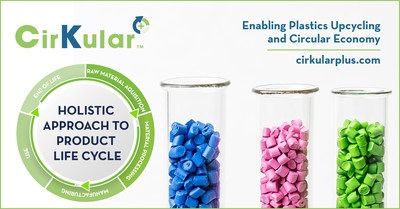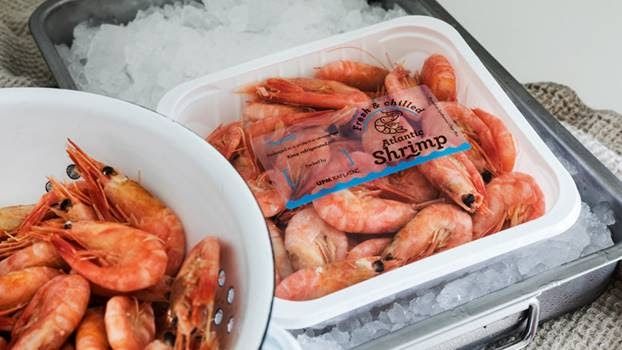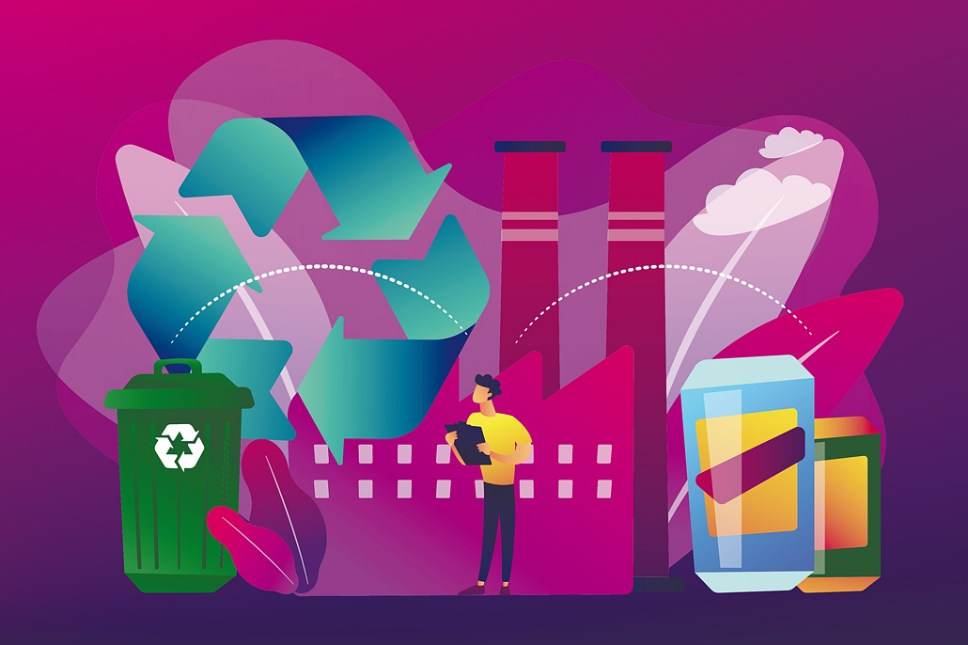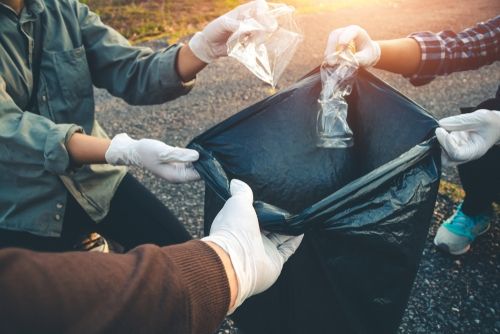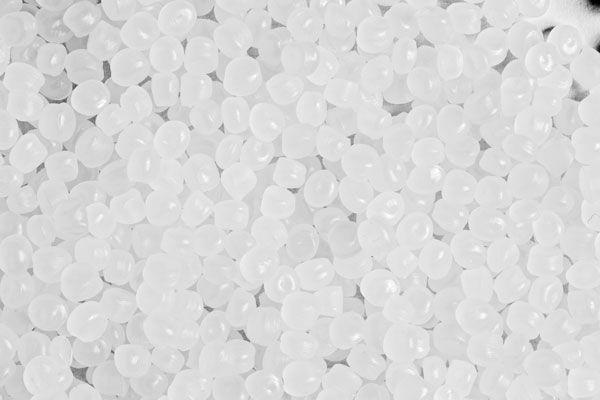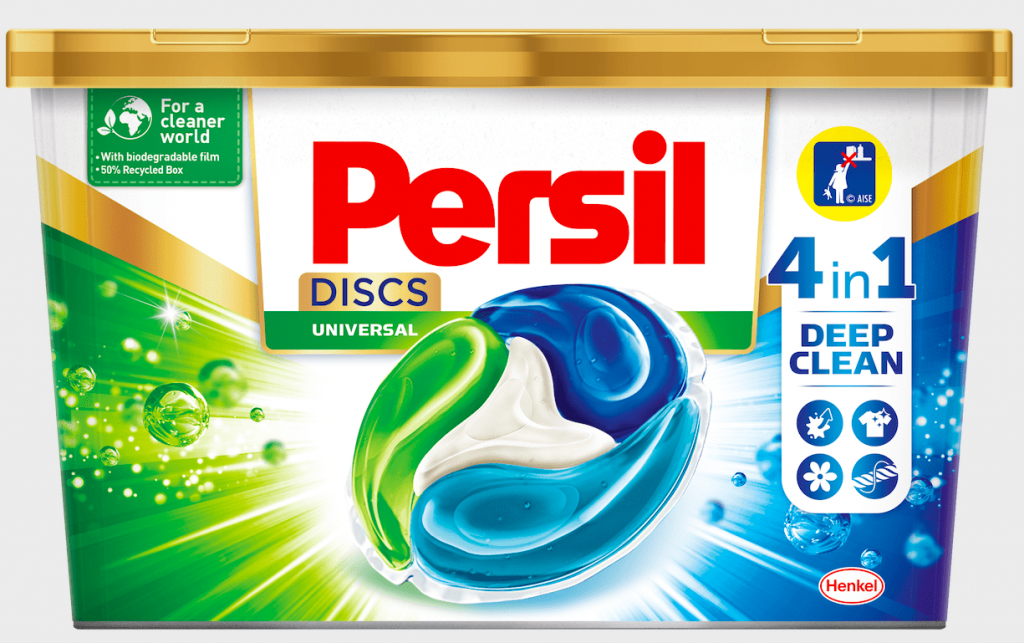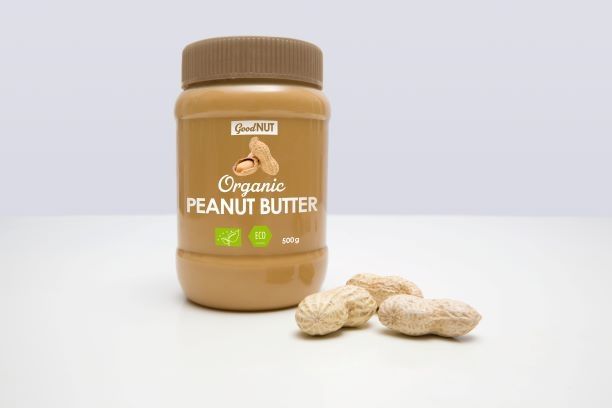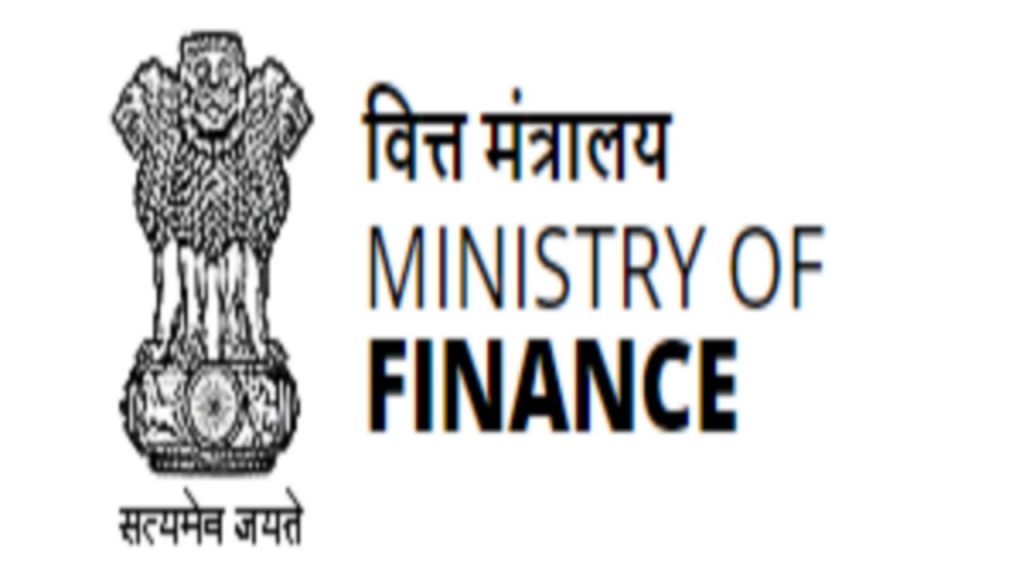In order to protect resources and our environment, high-quality recycling technologies for plastic waste are required, which allow the reuse of polymers without breaking up the polymer chains.
CreaCycle GmbH and the Fraunhofer Institute for Process Engineering and Packaging (IVV) in Freising, Germany combined their competencies in a cooperation aimed at “Plastic/Raw-Material Recycling with a Solvent-based Purification Technology” (selective extraction) and developed the CreaSolv® Process that is based on physical changes and leaves the polymer composition intact.
Proprietary CreaSolv® Formulations from CreaCycle with the lowest risk potential possible for user and environment dissolve selectively a target polymer. This reduces besides the hazard also the cost for the equipment. After the separation of imbedded impurities or undesired polymers the recycled polymer can be reused in its original application.

